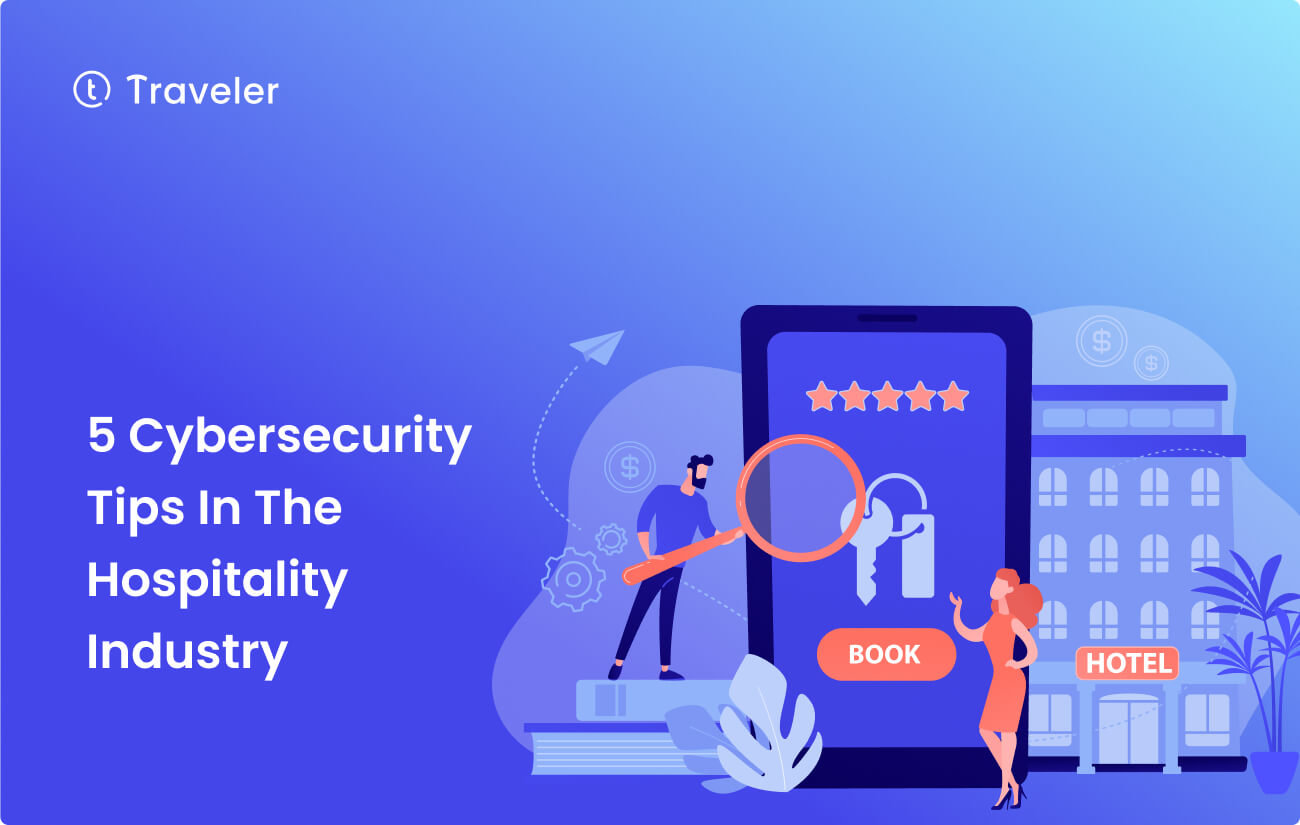
Table of Contents
Cybersecurity should be at the top of your mind if you run an online travel service. Because there is so much personal information in the hospitality business, it is more likely to be attacked online. The effects of a data theft can be terrible for your business and your customers.
Also, the number of cyber attacks in the travel and leisure industries is on the rise. Hackers are getting smarter, and it’s not just the big companies that they’re going after. Travel companies that are small to medium sized are also at risk. The effects of a cyber attack are very bad. Not only does it hurt your business, but it also hurts your image and the trust of your customers.
But don’t worry just yet. You can still take steps to keep cyber threats from hurting your business and users. In this piece, we’ll talk about 5 ways cybersecurity tips in the hospitality industry that travel agencies can protect themselves from cyber attacks.
Read on to learn how to avoid online hackers and keep your business from a possible disaster.
Importance of Cybersecurity in the Hospitality Industry
In the hospitality industry, where customers give you private personal information and trust you with their money, cybersecurity is the most important way to protect their privacy and your business operations.
Data leaks are one of the most worrying things in the travel business. Any kind of business, from big hotel chains to small online ticket agencies, can have these things happen. When rules are broken, bad things can happen. It could cause you to lose money, get in trouble with the law, and lose the trust of your customers.
The case of Marriott International is a real-world example of this problem. In 2018, there was a data breach at the hotel company, which put the personal information of more than 500 million customers at risk. The breach was a PR nightmare, and the European Union punished the company with a $123 million fine.
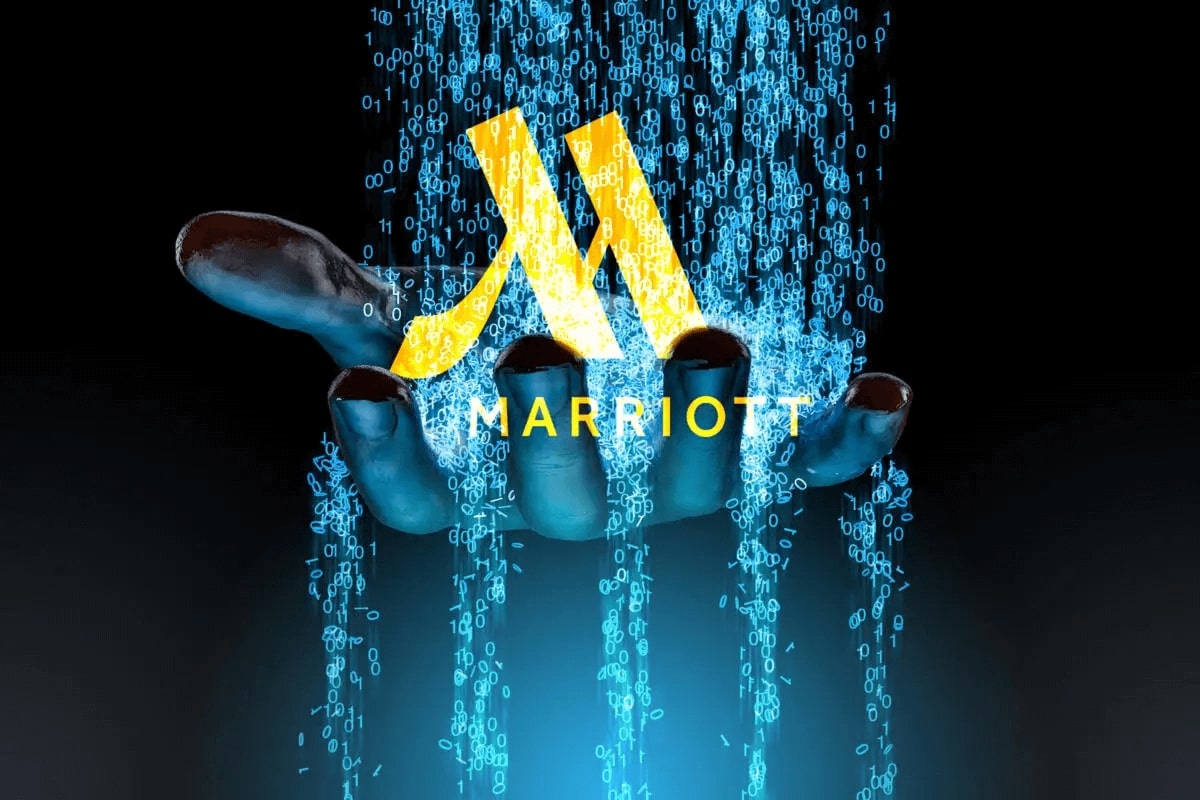
In a similar way, British Airways had to pay a record-breaking fine of £183 million after a breach put the personal and financial information of more than 500,000 customers at risk. These are just a few examples of how expensive and harmful a breach in hacking can be.
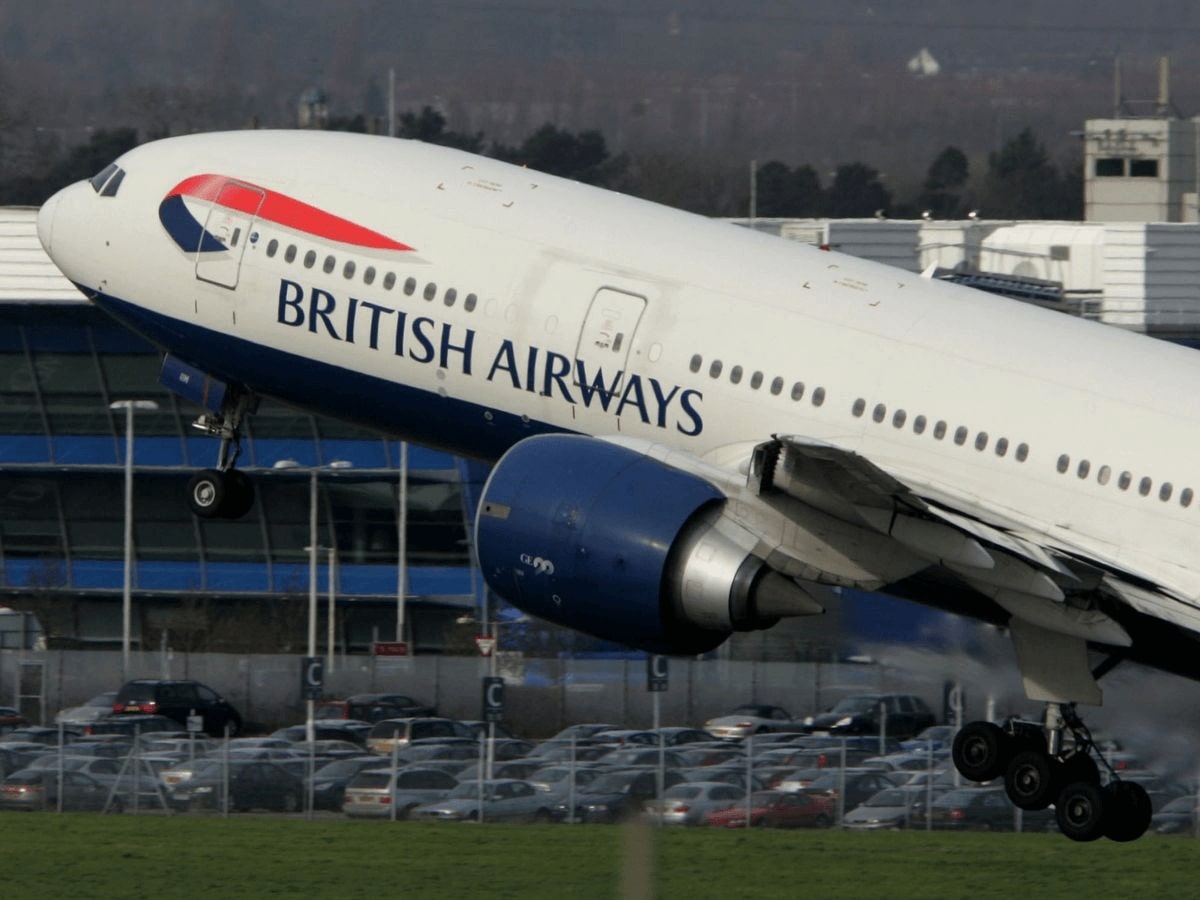
A data hack can have effects that go beyond the financial and legal ones. It can hurt the name of your business and make people less likely to believe you. In a field where customer happiness is the most important thing, a cybersecurity breach can really hurt your business. Security must be a top priority if you want to keep your customers’ trust and keep your image in good shape.
In short, protection is very important in the hospitality business. By using cybersecurity, you can keep people’s trust, keep your image, and keep your finances stable.
Cybersecurity Tips for the Hospitality Industry
Now that we’ve discussed the critical role and benefits of cybersecurity, let’s dive into some practical tips to help you protect your business from potential threats. In this section, let’s go through 5 practical tips that you can get started with:
Tip #1: Implement Robust Password Policies and Authentication Measures
Cybercriminals can easily gain access to your sensitive information if you have weak passwords. Therefore, you should implement a strong password policy and two-factor authentication. This way, you can go a long way in preventing unauthorized access to your systems.
Tip #2: Regularly Updating and Patching Software and Systems
Cybercriminals love to exploit vulnerabilities in software. So, keeping your software and systems up-to-date and patched can help stop hackers from using these weaknesses.
Tip #3: Educating Employees and Guests About Cybersecurity Best Practices
Your workers and guests are your first line of defense against any cyber threats that might come your way. By teaching them about best practices for hacking, like how to avoid phishing scams and keep their devices safe, you can stop them from putting your business at risk by accident.
Tip #4: Encrypting Sensitive Data and Using Secure Payment Processing
Encryption is a critical component of data security. By encrypting sensitive data, you can prevent cybercriminals from stealing it. Additionally, using secure payment processing services can further reduce the risk of financial fraud.
Tip #5: Having a Comprehensive Data Backup and Recovery Plan
No matter how advanced and well-thought your cybersecurity measures are, there’s always a risk of data loss. A comprehensive data backup and recovery plan can help you quickly recover from a cyber attack. It also minimizes the impact on your business operations.
Several hospitality businesses have successfully implemented these cybersecurity tips and mitigated cybersecurity risks. For example, Hilton Worldwide implemented a two-factor authentication system for employee access to their systems. At the same time, Marriott International uses encryption to protect customers’ personal information.
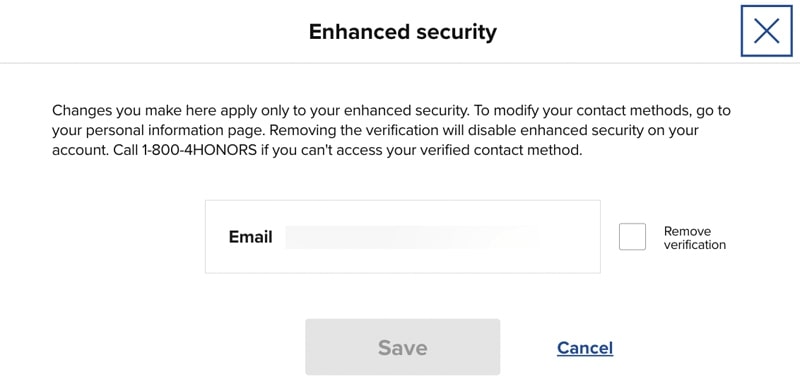
Emerging Cybersecurity Challenges in the Hospitality Industry
While we’ve covered some practical cybersecurity tips to protect your travel agency, it’s important to be aware of emerging cybersecurity challenges. Some of the most pressing challenges include:
- Mobile Device Vulnerabilities: With the growing use of mobile devices in the hospitality industry, there’s an increased risk of cyber attacks targeting these devices. Mobile devices may contain sensitive information and provide an easy access point for cybercriminals.
- IoT (Internet of Things) Risks: IoT devices, such as smart locks, thermostats, and voice assistants, are becoming more prevalent in hotels and vacation rentals. However, these devices may introduce new vulnerabilities that cybercriminals can exploit.
- Insider Threats: While most cyber attacks are executed by external actors, it can also come from insider threats. Employees or contractors with access to your systems and data may intentionally or inadvertently put your business at risk.
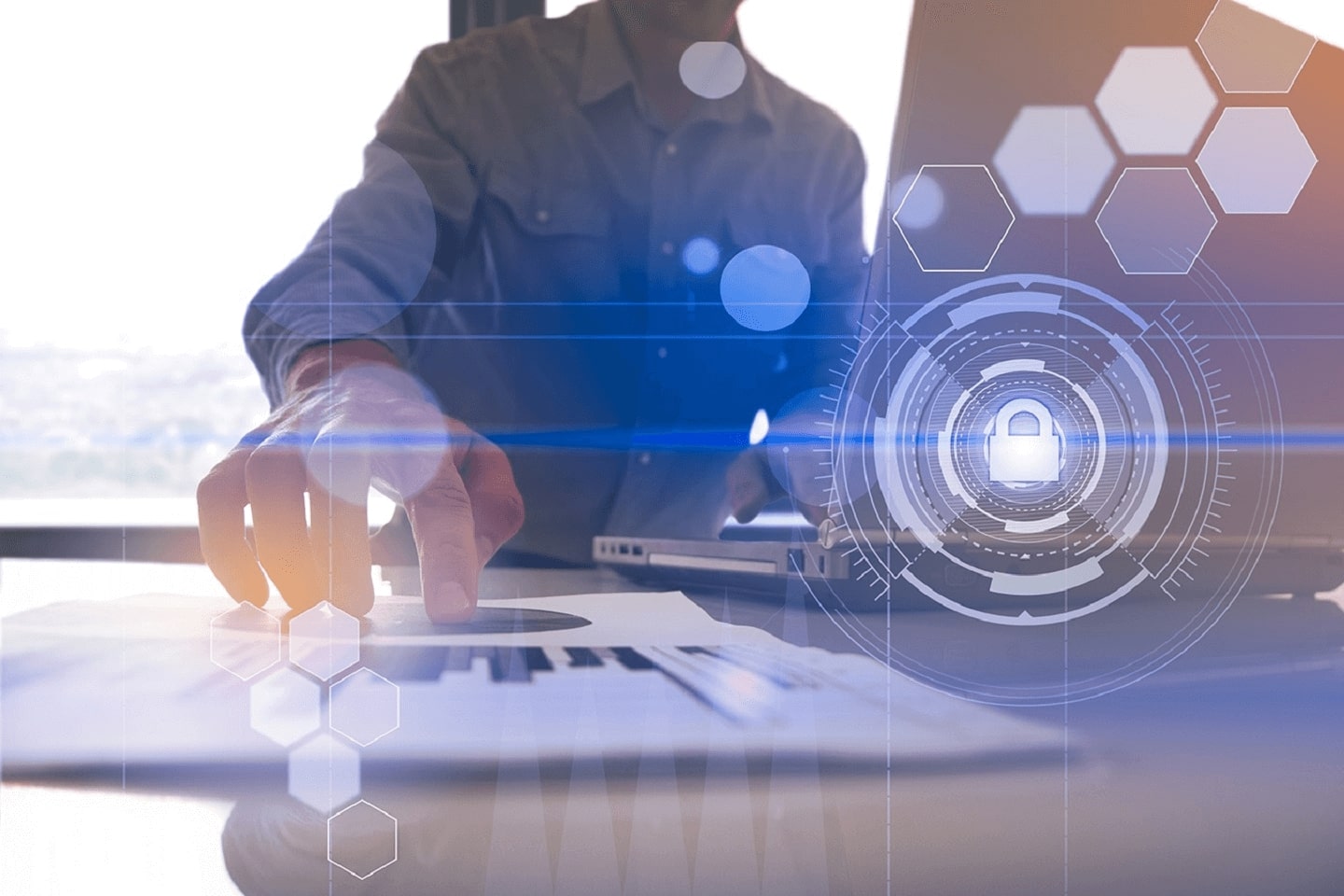
Let’s look at some examples from real life to help you picture the problems we talked about. One of them is the fact that hotel loyalty schemes have had data leaks. In 2020, Marriott International had a data breach that put the personal information of more than 5 million guests, including those who were part of their reward program, at risk.
Or the problem with people using stolen credit cards in ticket systems. In 2019, there was a huge data breach at British Airways. Because of this data hack, credit card information and other information about customers was stolen from their booking system.
Let’s talk about ransomware strikes on hotel chains as our last topic. The European hotel company Enel was hit with a ransomware attack in 2020, which messed up their business and cost them a lot of money.
Industry Standards and Compliance for Cybersecurity
Compliance with industry standards and regulations is crucial for ensuring cybersecurity in the hospitality industry. Here are some of the most important standards and compliance requirements that you should be aware of:
- Payment Card Industry Data Security Standard (PCI DSS): This security standards set is designed to protect customer payment card data. All businesses that accept credit card payments must comply with PCI DSS regulations.
- General Data Protection Regulation (GDPR): This regulation applies to all businesses handling personal data of EU citizens, regardless of where the business is located. GDPR requires businesses to implement strong data protection measures and to report data breaches within 72 hours.
- Other Relevant Regulations: In addition to PCI DSS and GDPR, other regulations may apply to the hospitality industry, depending on the location and type of business. For example, in the United States, hospitality businesses that handle medical data must apply the Health Insurance Portability and Accountability Act (HIPAA).
Many hospitality businesses have successfully implemented industry standards and compliance measures. For example, Hilton Worldwide is a leading hotel chain implementing PCI DSS compliance measures to protect customer payment card data. The company uses secure payment processing systems and regularly conducts internal security audits.
Protect your hospitality business with our cybersecurity tips. Upgrade to the secure WordPress hotel booking theme, Travelerwp. Ensure the safety of your data and guests. Act now to safeguard your success!
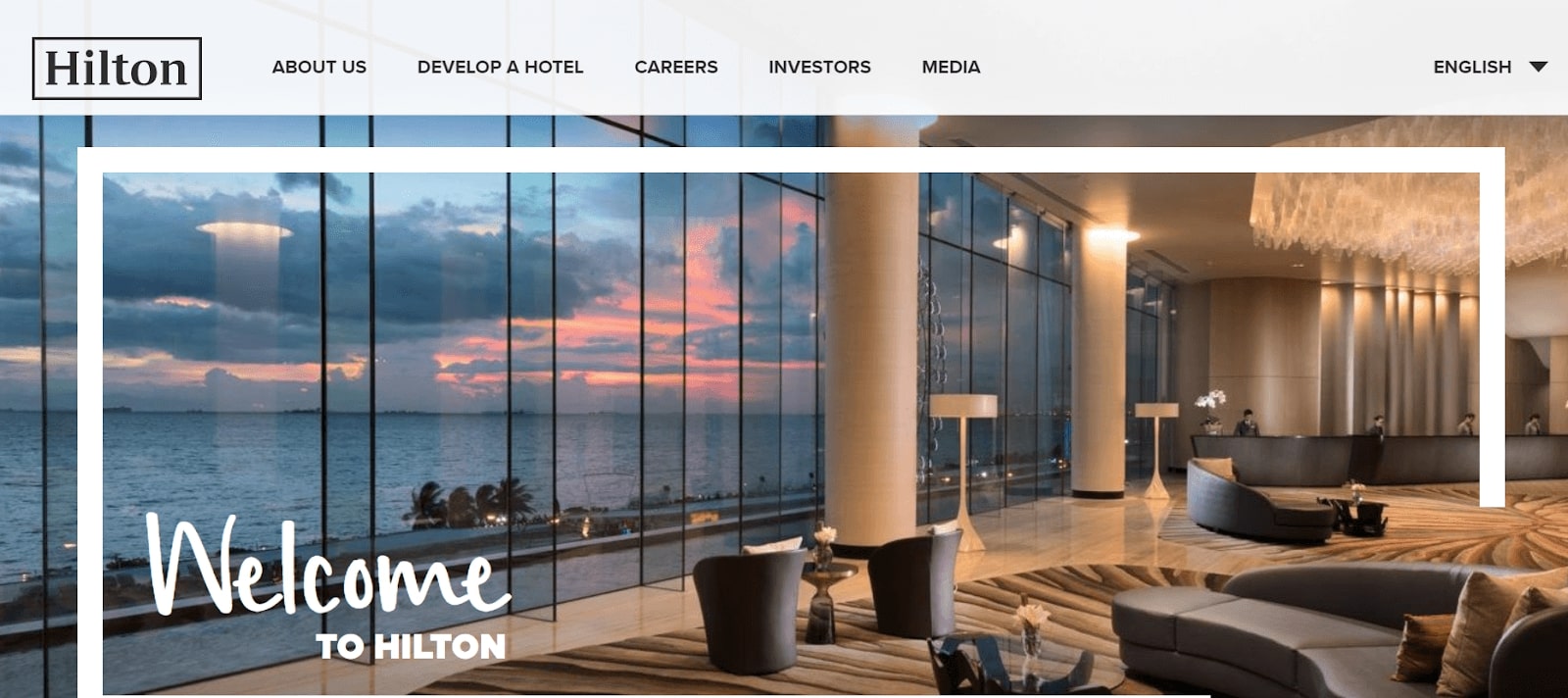
Another example is Marriott International. Marriott has implemented GDPR compliance measures to protect customer data. The company has established a data protection officer role and regularly trains employees on GDPR requirements.
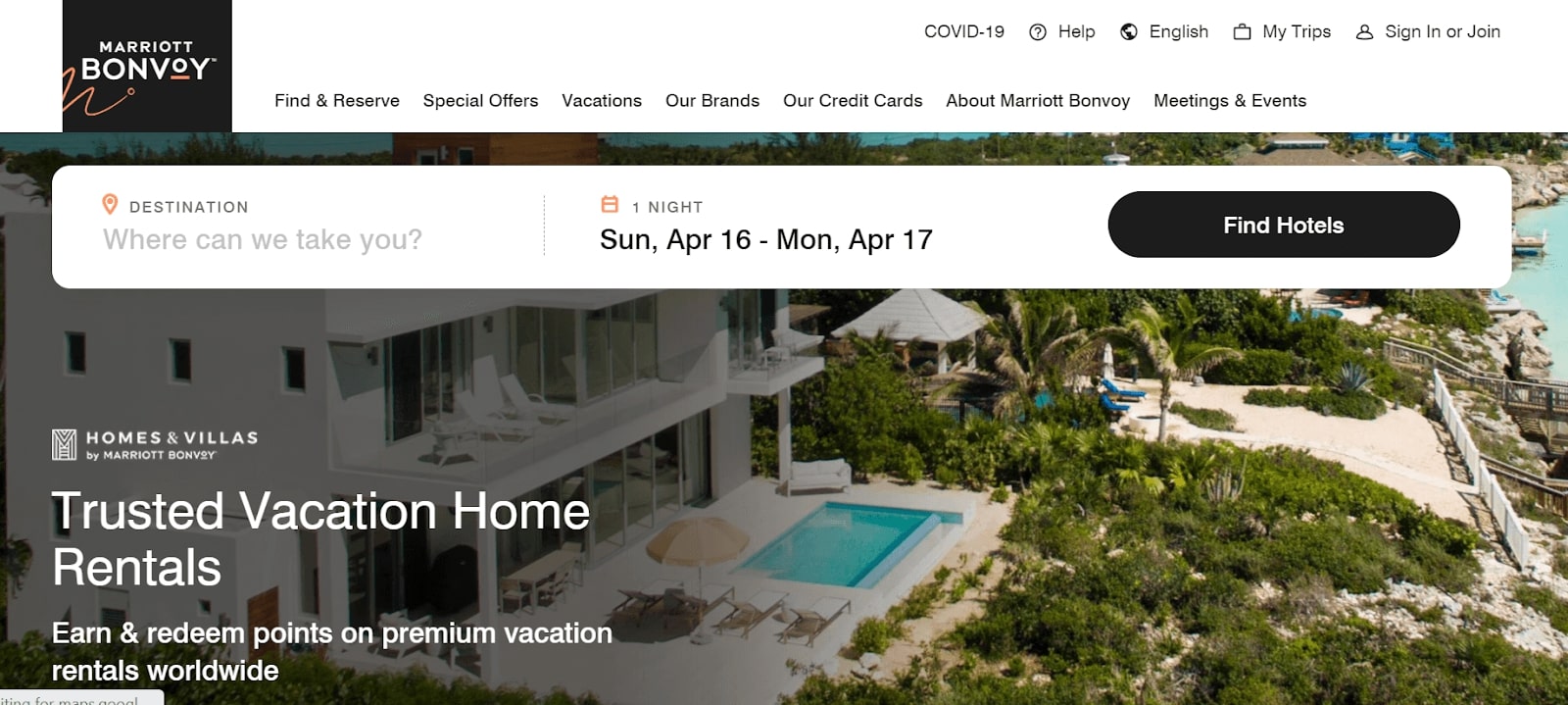
One notable case we quote as an example is Hyatt Hotels. Hyatt has implemented HIPAA compliance measures to protect medical data. The company has established strict access controls and conducts risk assessments to ensure compliance.
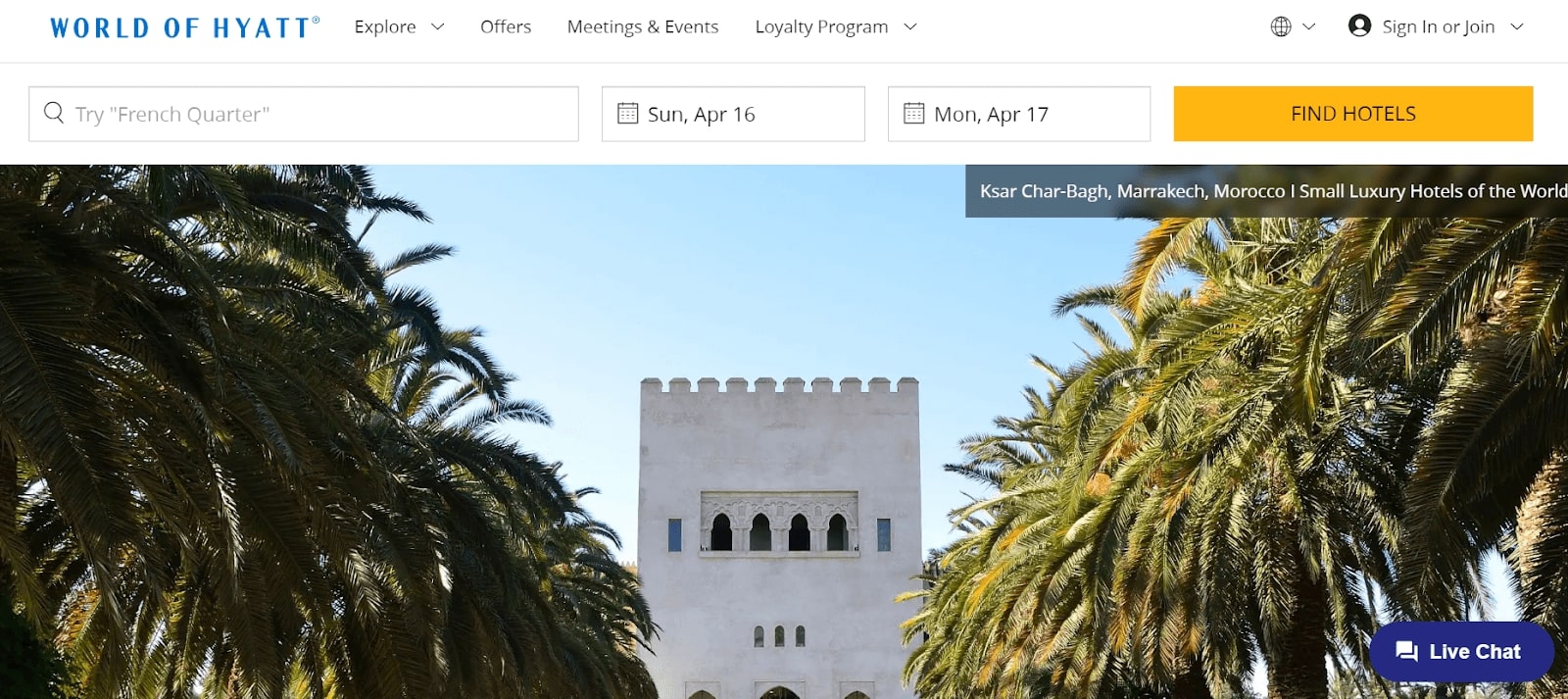
Conclusion
Cybersecurity is a critical concern for the hospitality industry. As the threat landscape evolves, businesses must proactively safeguard sensitive data and maintain customer trust.
By implementing robust security policies, educating employees and guests, and complying with industry standards and regulations, you can minimize the risk of cyber-attacks and protect your business’s reputation.
As a travel agency with a website, you must prioritize cybersecurity to ensure the safety of your customers’ data and business operations. Take action today to secure your online presence and mitigate cybersecurity risks!
